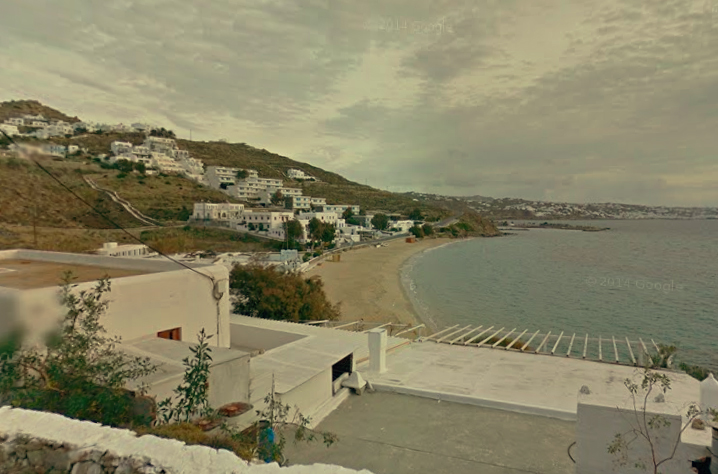According to Eurostat indicators, Greece has ranked first among EU member states in terms of housing cost burden for at least six consecutive years. This alarming distinction underscores the urgent need for the implementation of a comprehensive housing policy, including immediate measures to curb housing costs.
The housing crisis is particularly acute in Greece's most popular tourist destinations, notably Mykonos, Santorini, and Paros. In many cases, public sector employees such as teachers have been forced to sleep in their cars, while doctors often decline placements in these areas—primarily due to the prohibitively high cost of housing relative to their income levels.
It is inconceivable that the state has failed to provide adequate housing support for public servants assigned to deliver essential services—particularly in critical sectors such as healthcare, education, and public safety. Despite the severity of this social issue, no concrete measures have been taken to ensure decent and affordable accommodation for these workers. Adding to the paradox, substitute teachers who refuse placements due to lack of housing face a two-year exclusion from the national employment list.
In many instances, the cost of renting a small 18-square-meter apartment exceeds the annual income of public employees. This issue similarly affects seasonal workers, who often struggle to find accommodation for the duration of their employment. While some are fortunate enough to be offered lodging by their employers, there are also widely reported cases where five or six employees are crammed into small, substandard dwellings—many of which do not even meet basic residential standards.
It is unreasonable that on islands generating a significant share of the national GDP through tourism, the housing problem remains unresolved. Equally unacceptable is the fact that landlords often demand full seasonal or annual rental payments in advance from tenants, including public employees.
While teachers may temporarily leave the island during the summer when schools are closed, securing winter accommodation remains a major challenge. Few property owners are willing to rent out their homes from October to May, choosing instead to keep their properties vacant in preparation for the more lucrative short-term rental season that begins around Easter and continues through late October.
According to publicly available rental listings, the seasonal rental cost for a 35-square-meter apartment in the Kanalia area of Mykonos reaches €10,000, excluding electricity but including water and internet. Similarly, a 25-square-meter home in Santorini built in 2015 rents for approximately €7,000 for the season, while in Aliki, Paros, a 48-square-meter apartment is listed at €8,500.
The Rapid Growth of the Short-Term Rental Market
The expansion of the short-term rental sector is significant: in the summer of 2024, Mykonos hosted approximately 4,300 such properties, Santorini around 5,100, and Paros about 3,700. This booming market generates hundreds of thousands of euros annually for the Greek state.
Redirecting Revenue Toward Housing Policy
Given that local authorities have thus far failed to address this pressing issue, it is imperative that a portion of the revenue generated by the short-term rental market be allocated to fund housing initiatives. These funds should support the development of affordable housing solutions for both public servants and seasonal workers.
More broadly, since the short-term rental industry has significantly contributed to rent increases not only in tourist areas but also in urban centers such as Athens and Kalamata, and since it brings in approximately €840 million annually to the state, it is both logical and necessary for part of these proceeds to be reinvested in housing policies—especially in regions where the sector is most active.















